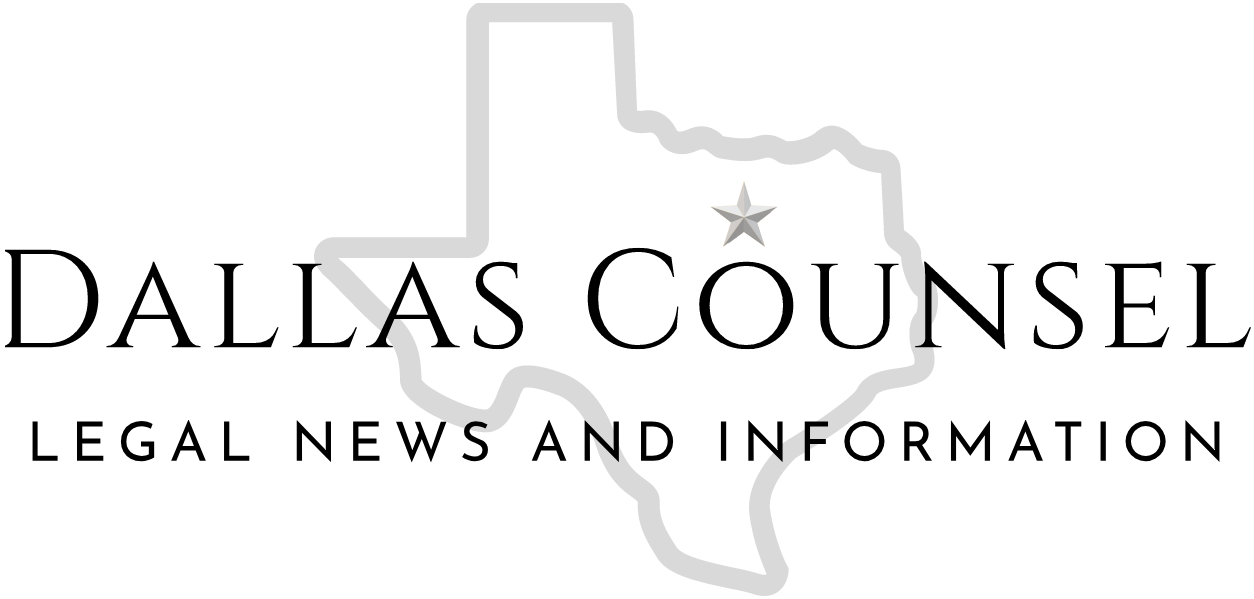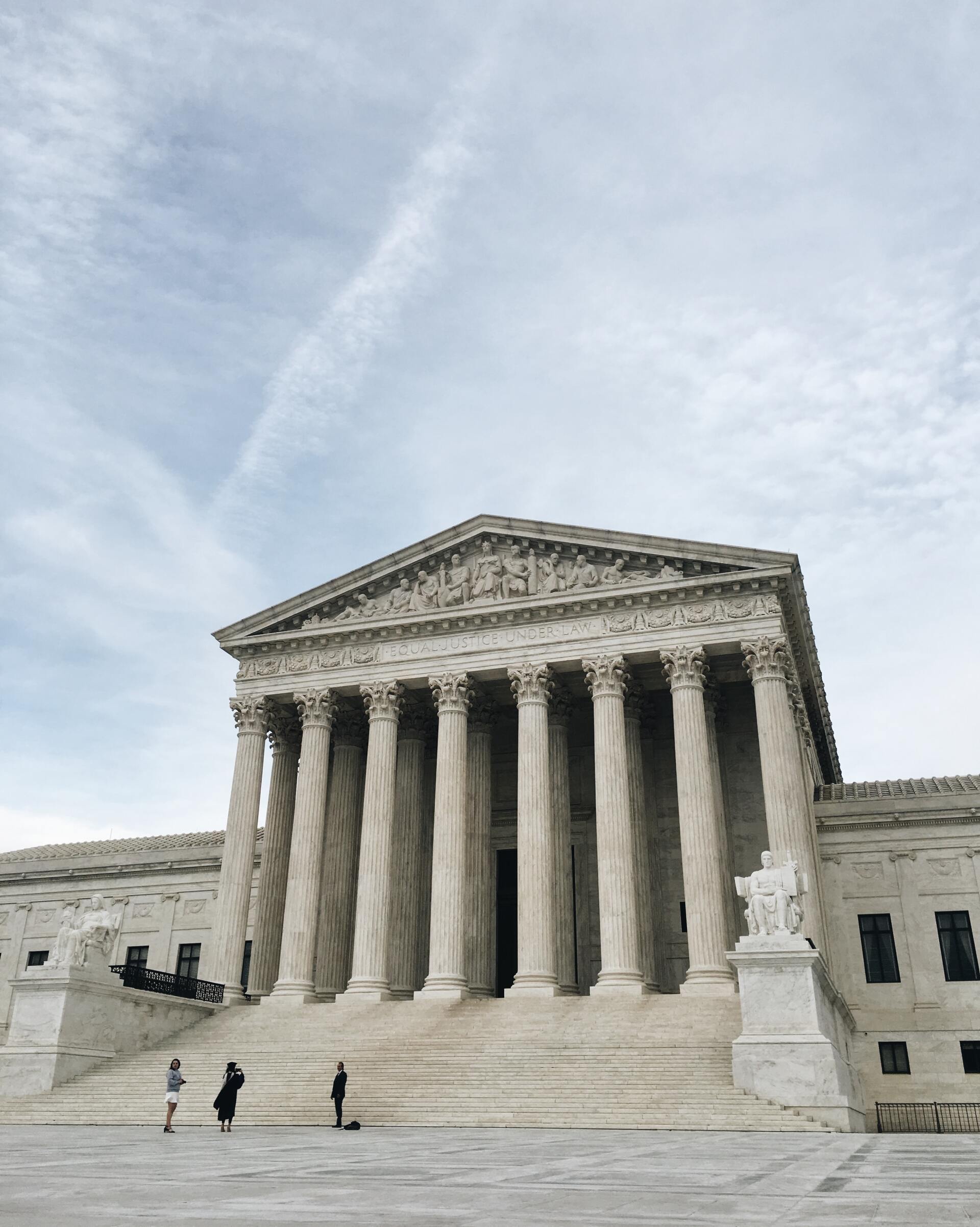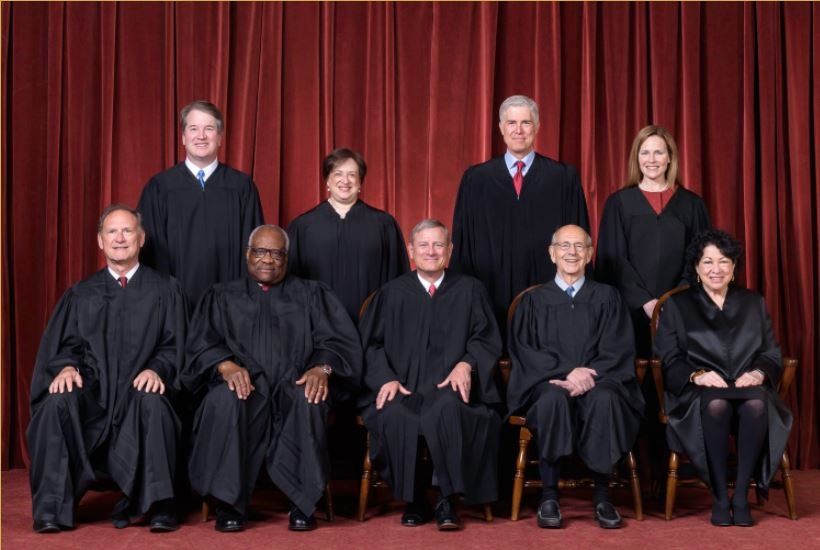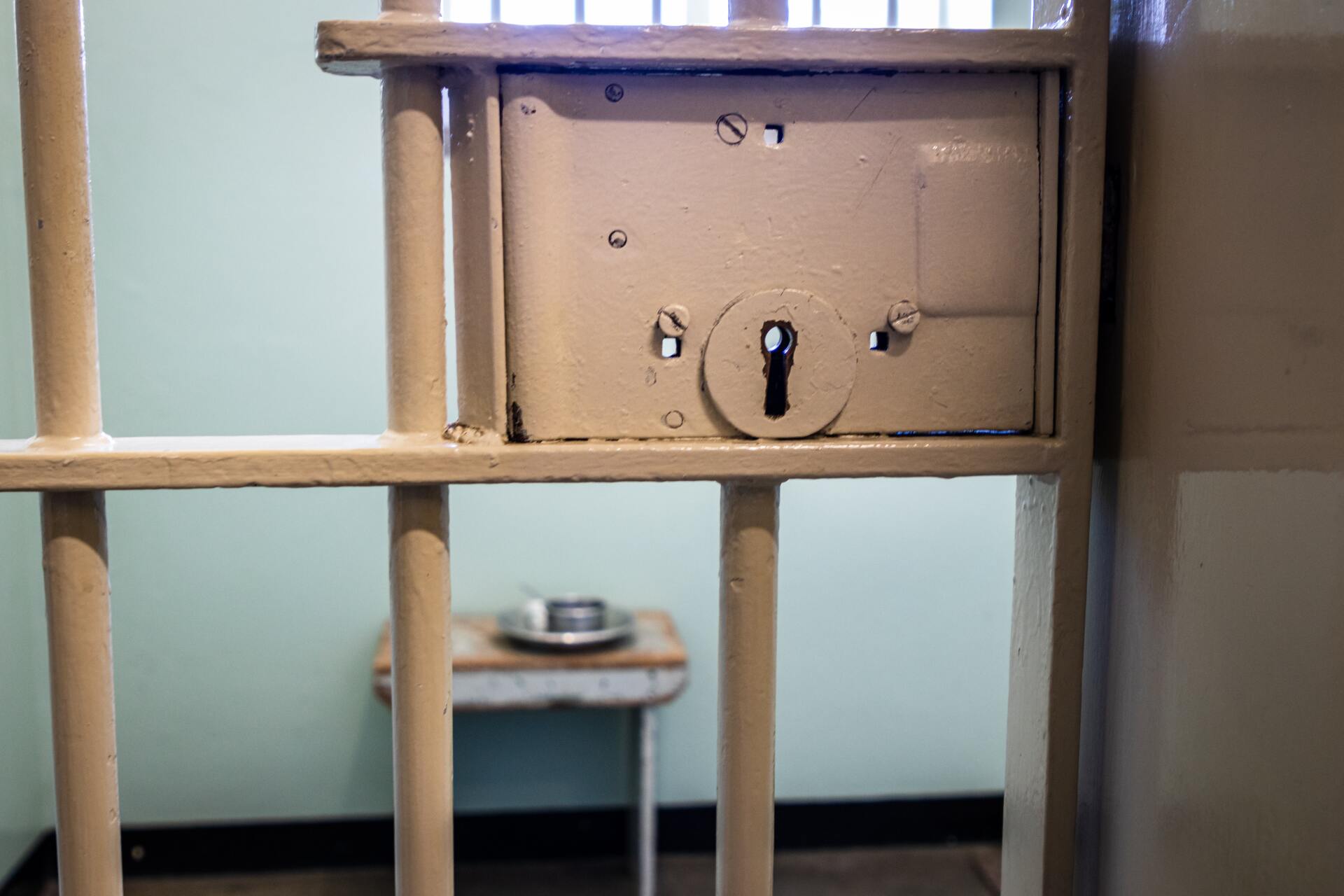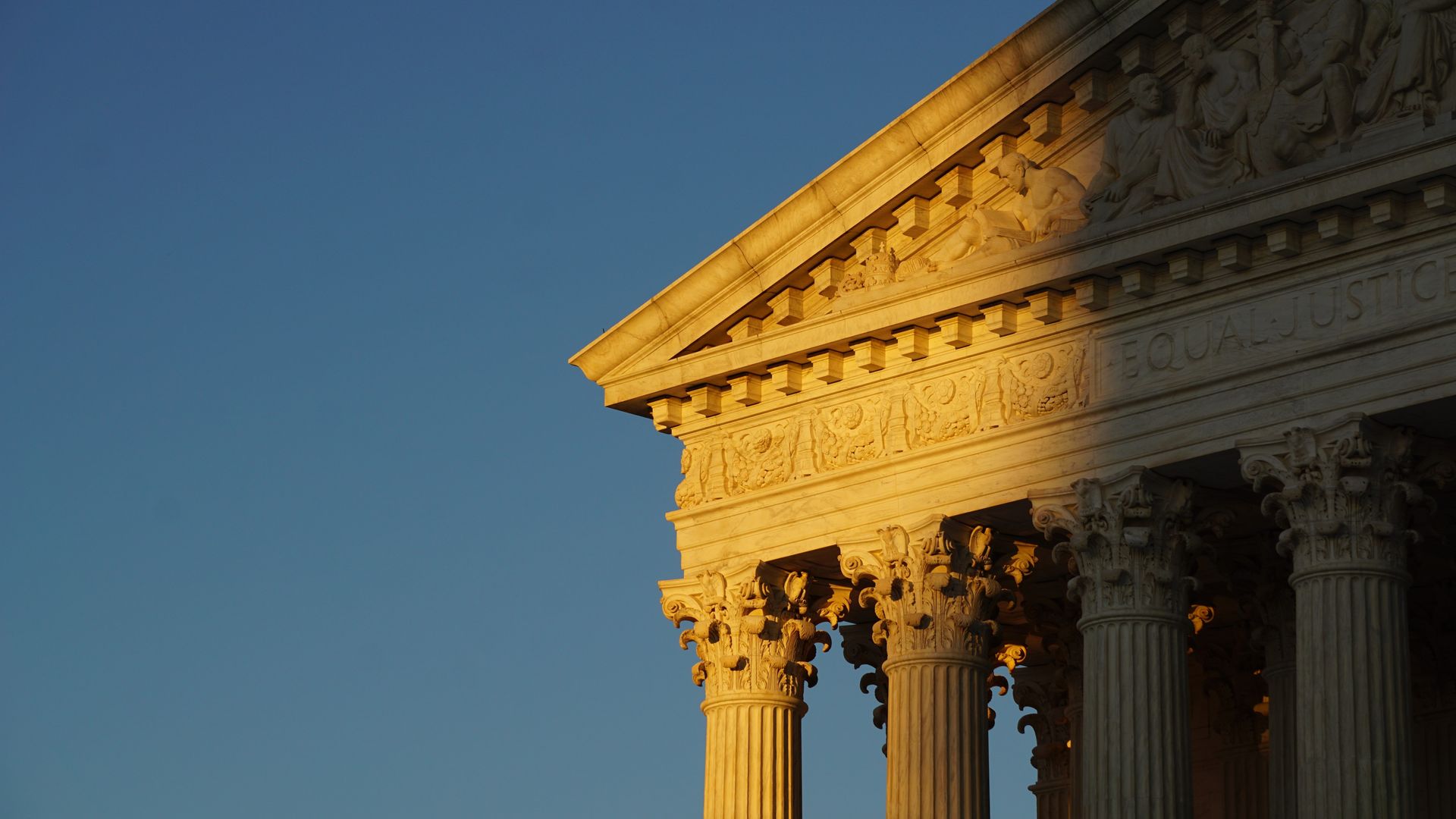VAN BUREN v. UNITED STATES
A Georgia police officer ran a license plate check in 2015 for an acquaintance who paid him for the favor, he received a felony conviction.
The Supreme Court narrowed the scope of the federal anti-hacking law, the Computer Fraud and Abuse Act of 1986, ruling that it does not cover those who use their authorized access to obtain information for improper purposes.
Justice Amy Coney Barrett wrote that the officer's actions did not violate the Computer Fraud and Abuse Act, which can come with up to a 10-year imprisonment for anyone who "intentionally accesses a computer without authorization or exceeds authorized access" to obtain computer information.
In the opinion, similar to another well-recognized interpretation of the constitution and grammar, focused on the grammatical significance of the modifier "so."
Justice Barrett stated that ..."the law covers people who, although they are authorized to use a computer system, obtain files that are off-limits to them. But it doesn't reach those who are entitled to access particular information...even if they misuse the data they pull. To read the law more broadly would attach criminal penalties to a breathtaking amount of commonplace computer activity," where "Employers commonly state that computers and electronic devices can be used only for business purposes. So, on the Government's reading of the statute, an employee who sends a personal e-mail or reads the news using her work computer has violated the CFAA."
